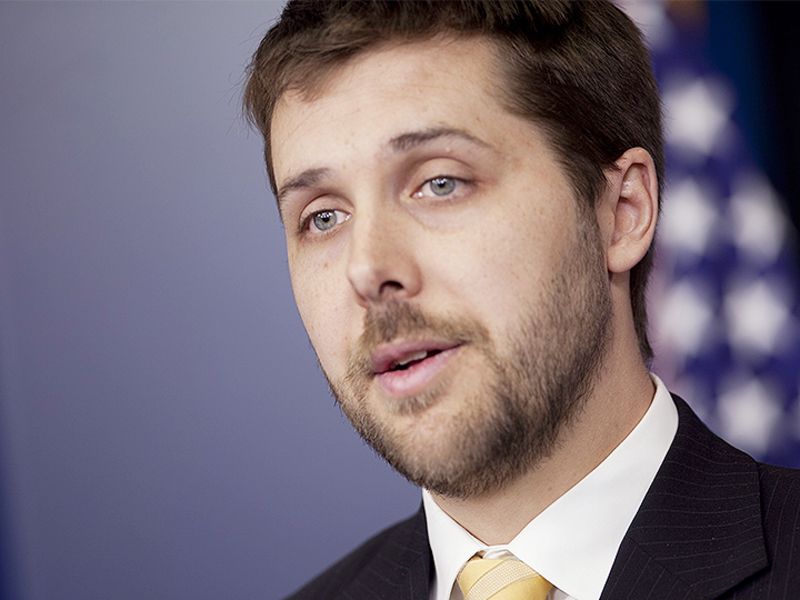
When President-elect Joe Biden takes office next week, he’ll work to get the U.S. economic compass pointing to a healthy economy in which growth is being “broadly shared,” according to Brian Deese, incoming director of the White House’s National Economic Council.
“That’s going to be our North Star,” he said during a Tuesday morning session at CES, held virtually this year because of the coronavirus pandemic.
Deese — a “crisis-tested” adviser who helped lead President Barack Obama’s auto rescue and assisted with the former president’s climate and energy policy — said a big part of achieving the Biden administration’s economic objectives is investing in the U.S. to build its competitiveness.
“We have — in a lot of different areas — underinvested and underresourced our own domestic capabilities,” he said. “And that’s a place where we’re going to focus on targeting investments — whether that’s in R&D, manufacturing or otherwise — to try to build up that strength.”
That strategy includes partnering with the private sector, including the tech industry, as well as implementing the president-elect’s $2 trillion “Build Back Better” agenda, which includes modernizing infrastructure and shaping future transportation, energy and climate policy.
Biden’s plan also calls for building 500,000 electric vehicle charging stations across the nation, consumer incentives for EV purchases and transitioning the government’s fleet to electric.
“The core idea is that recognizing — even in a moment of economic crisis — we have big structural challenges and therefore opportunities to address structural economic issues that have held back our economy’s potential,” Deese said of Biden’s economic agenda. “And if we get it right, [it] can really help to drive productivity, can help drive wage growth and shared prosperity going forward.”
In regard to the climate crisis, actions are likely to include rejoining the Paris Agreement, investing in infrastructure, creating jobs and reducing emissions — steps that, ultimately, put the U.S. “on a trajectory to a low-carbon economy,” he said.
The administration, he added, will also provide more “certain long-term signals” to the business community with its policy agenda.
“We’re also going to look to try to do things differently in terms of how we go about how we make economic policy as well, thinking about how we can be more creative and innovative and harness the potential of innovators across the U.S.,” Deese said.
On trade and Biden’s approach to China, Deese said the incoming administration is going to focus on investing domestically, building U.S. industrial strength and having a clearer strategy on how to secure domestic supply chains. The administration will also “revitalize” global alliances and pursue a multilateral approach that aligns with U.S. interests, he noted.
“It’s clear that China is our most serious global competitor, and this competition is going to be one of the central challenges of this century,” Deese said. “One of the most important elements of the president-elect’s vision for how to approach this competition is that we need to rebuild our core areas of strength in the United States.”